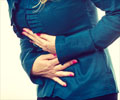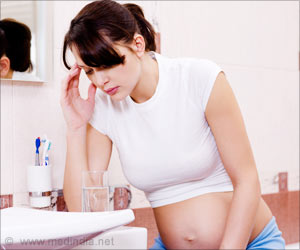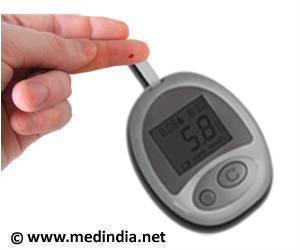Listeria outbreak linked to deli meat causes 2 deaths and 28 hospitalizations; know the risks and prevention measures
- Listeria outbreak linked to deli meat causes 2 deaths and 28 hospitalizations
- Listeria can grow even at refrigeration temperatures, making deli meats a high-risk food
- Pregnant women, newborns, adults 65+, and people with weakened immune systems are most vulnerable
Listeria Outbreak Linked to Meats Sliced at Delis
Go to source). Listeriosis is a serious infection caused by the bacterium Listeria monocytogenes.
The primary culprit behind Listeria outbreaks is contaminated food. Listeria is naturally found in soil and water, and it can contaminate animals through contaminated feed or water sources.
During food processing, contamination can occur through contact with contaminated surfaces, equipment, or other foods. Unlike most foodborne bacteria, Listeria can grow even at refrigeration temperatures. This makes it particularly problematic in deli meats, which are often stored pre-cooked and chilled for extended periods.
Listeria is particularly dangerous for pregnant women, newborns, adults aged 65 and older, and people with weakened immune systems.
Listeria can grow even at refrigeration temperatures, making deli meats a high-risk food! #foodsafety #listeriaoutbreak #medindia’
Symptoms of Listeriosis
Symptoms of Listeriosis can appear anywhere from a few days to several weeks after exposure to contaminated food.- Fever
- Muscle aches
- Headache
- Nausea
- Vomiting
- Diarrhea
- Neck stiffness
- Confusion
- Convulsions
Foods to Avoid During the Outbreak
To minimize your risk of Listeria infection during this outbreak, the CDC recommends avoiding the following foods:Deli meat: This includes cold cuts, sliced lunch meats, and hot dogs unless reheated to an internal temperature of 165°F (74°C).
Soft cheeses: Avoid cheeses like feta, Brie, Camembert, and blue cheese unless they are clearly labeled as pasteurized.
Unpasteurized dairy products: Unpasteurized milk, yogurt, and cheese pose a high risk of Listeria contamination.
Pre-made salads and sandwiches: These products may contain deli meat or other high-risk ingredients.
Refrigerated pates and meat spreads
Additional Precautions
- Before consuming deli meat, heat it to an internal temperature of 165°F (74°C) to kill any potential Listeria bacteria.
- Wash your hands thoroughly before and after handling food. Clean and sanitize all surfaces that come into contact with deli meat or other high-risk foods.
- Refrigerate leftovers within two hours of cooking and consume them within three to five days.
- If you are pregnant, elderly, or have a weakened immune system, take extra precautions to avoid Listeria contamination.
Reference:
- Listeria Outbreak Linked to Meats Sliced at Delis - (https://www.cdc.gov/listeria/outbreaks/delimeats-7-24/index.html)
Source-Medindia










